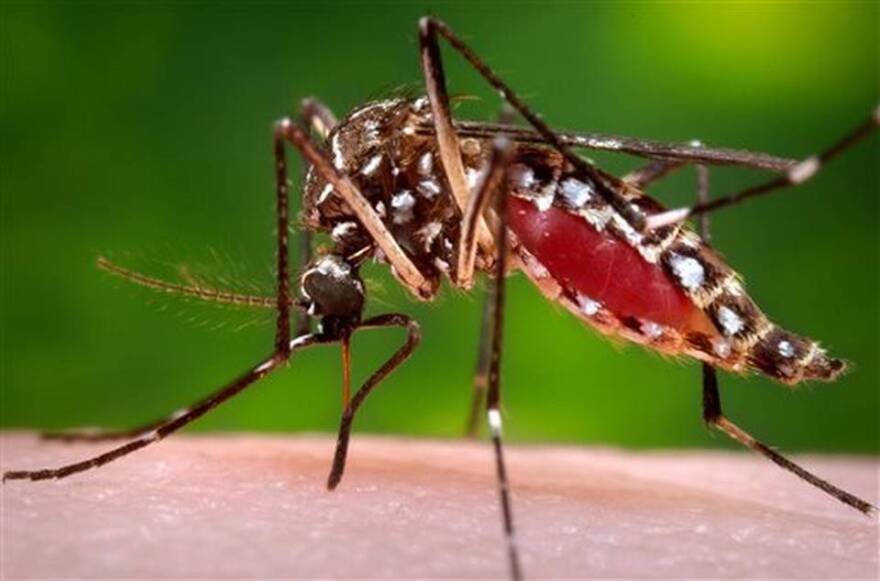The number of Zika cases in Florida has grown to 188—which includes 38 pregnant women who are being monitored by the state.
So far, all of those cases are travel-related. But public health officials are bracing for local outbreaks.
Florida Surgeon General Dr. Celeste Philip was in Fort Lauderdale Thursday to give a presentation on the state’s Zika plans to the Broward legislative delegation.
Philip said that when people get tested for a Zika diagnosis, mosquito control is alerted to where they live—before the test results come back.
“This has been pointed to as a national model,” Philip told the delegation.
She suggested that pregnant women who have traveled to active Zika areas should get screened—even if they don’t have symptoms.
“Get your samples drawn and tested, as well as ultrasound—look for development in the fetus,” said Philip.
Zika appears to cause microcephaly and other developmental disorders in children of women who had the virus during pregnancy.
Pregnant women who are diagnosed with Zika will be followed by the state throughout their pregnancy and the baby’s first year. They’ll be monitored for effects of the virus like microcephaly and developmental problems.
The Zika virus can be spread through mosquito bites and sexual contact.
Philip said it’s also possible the virus could be spread through blood transfusion—though there is no current protocol to test the blood supply for Zika. In the event of a local outbreak, Philip suggests that people from zip codes with active Zika cases would not be allowed to donate blood.
“We want to be as protective as possible with excluding people who may come from a zip code where we start to see transmission of Zika,” said Philip. “But not to the point where we are turning away donors who contribute to this important resource that we have.”
During the presentation, Philip said that county health departments have asked for $18 million to fund local Zika prevention efforts, but that the state currently only has $4 million to distribute. She and other public health officials at the presentation stressed the importance of getting people to limit standing water at their own homes and schools as a way to prevent mosquitoes from spreading the virus.






